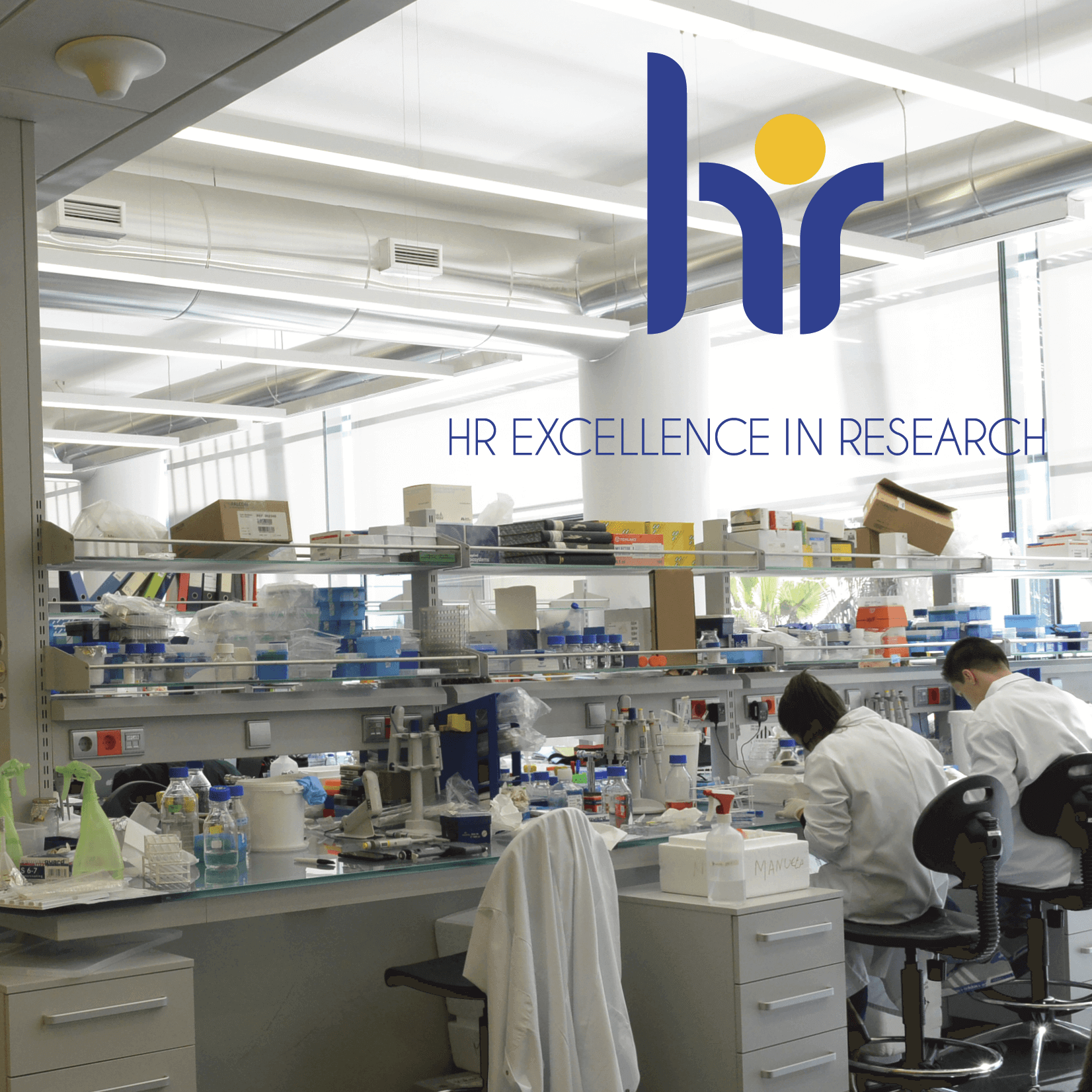12 February 2024
Imagine watching a film. The moving images you see are actually a series of static frames shown rapidly. This is the continuity illusion at work, where our brain perceives a sequence of quick flashes as continuous, smooth motion. It’s a phenomenon not just vital to our enjoyment of films but also a fundamental aspect of how all mammals, from humans to rats, perceive the dynamic world around them. This study from the CF’s Shemesh Lab, published in Nature Communications, delves into how this illusion is encoded in the brain.
Principles of Light Microscopy Course
Location & Dates: Champalimaud Foundation, April 15th -19th
Application deadline: March 1st
Acceptance notification: March 15th
Cost: €150 (payment deadline March 22nd)
Capacity: 20 Students
The course is scheduled to take place at the Champalimaud Institute in Lisbon from April 15 to April 19, 2024, and will be limited to 20 students.
08 February 2024
Celebrating Women and Girls in Science: a Selection of Creative Approaches that Led to Breakthroughs at the Champalimaud Foundation
Here, we highlight the observations, the questions, the approaches and strategies that showcase the creativity and critical thinking inherent in scientific research.
In science, creativity stands as a crucial, albeit sometimes underappreciated, skill. Creativity comes in a wide variety of forms and shapes, and often emerges from collaborative interactions among diverse minds, emphasising the importance of inclusivity and varied perspectives in driving forward groundbreaking research.
02 Feb. 2024
Call for a Research Technician

Application Starts: 02 Feb. 2024
Application Ends: 16 Feb. 2024
A Call for one Research fellowship (Bolsa de Investigação) is open at Fundação D. Anna de Sommer Champalimaud e Dr. Carlos Montez Champalimaud (Champalimaud Foundation) in the context of the project entitled “Circadian regulation of pulmonary immunity by neuroendocrine signals”, with reference “PTDC/MED-IMU/2189/2021”, from the Call Nº PTDC 2021, funded by the FCT, through Portuguese National Funds.
02 February 2024
Disentangling the brain’s symphony of the senses
Whenever we look at the world in front of us, light falls onto our retina and is processed in a series of steps in the brain. The primary visual cortex is the first stage in the cerebral cortex, where visual information is processed. Nevertheless, neurons here do not only respond to patterns of light, but to sounds as well. A major question in the field, however, has been whether these responses truly represent auditory information, or are instead modulations due to body movements elicited by the sounds.
24 January 2024
EU Funds Psychedelic Therapy Research for Treatment-resistant Mental Disorders in Palliative Care
Slated to begin recruiting patients in 2025, the PsyPal study represents a significant step in exploring innovative treatments for deep psychological and existential distress in those with advanced illnesses. The CF, alongside three other European clinical sites, will treat over one hundred patients, each site focusing on a different condition.
18 January 2024
Portugal Receives 3 European Research Council Grants in the Life Sciences
The ERC Proof of Concept Grant is awarded exclusively to Principal Investigators who have previously won an ERC grant. Its primary goal is to support the commercial and social innovation potential of ERC-funded research. “It takes courage and skill to take an idea from the lab into the world of business. The Proof of Concept grants announced today are designed to enable researchers to take this brave step and transform groundbreaking research into tangible innovations”, remarked Iliana Ivanova, European Commissioner for Innovation, Research, Culture, Education and Youth.
Addressing Data Challenges for next-gen Digital Therapeutics Development
The largest bottleneck medical research organisations at the forefront of technology face is access to useful data. These difficulties stem from strict policies that limit access to ML teams instead of allowing technology to enable and ensure responsible data use. Potential ML solutions are greatly stifled due to insufficient ability to access, standardise, and aggregate valuable data that continues to be siloed away. Yet, over the last years we have seen two general paradigms emerge to address important technical challenges.
Hands-on course on Zebrafish Xenografts 2024 - 4th edition
This course is promoted by Champalimaud Foundation's Fior Lab.
The scientific programme will cover
- Protocols for preparation of human cancer cells for injection;
- Generation of zebrafish xenografts (microinjection in the perivitelline space);
- Metastatic assay;
- Protocols for immunofluorescence;
- Mounting xenografts for confocal imaging;
- Confocal session.
Venue
Champalimaud Center for the Unknown, Lisbon
Dates
06 - 10 May, 2024 - 9:00
Application
Deadline: March 15
